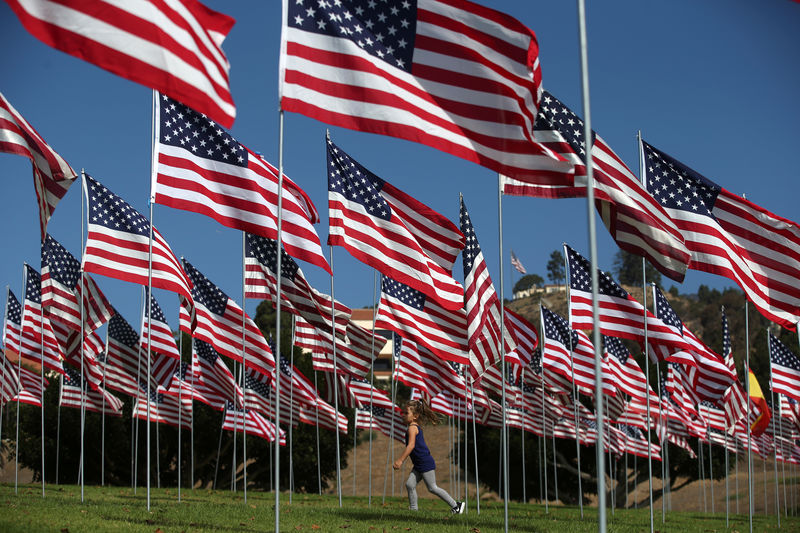WASHINGTON (Reuters) - Advocates of a compensation fund for emergency personnel and others who responded at the sites of the Sept. 11, 2001 attacks on the United States said on Tuesday that they had secured a commitment from Senate Majority Leader Mitch McConnell for prompt passage of legislation extending the program.
John Feal, who heads a group lobbying Congress to authorize the fund through 2090, emerged from the meeting in McConnell's office telling reporters that the Republican senator agreed to win Senate passage of a bill by August, when lawmakers typically leave Washington for a long summer recess.
"We came in here praying for the best, prepared for the worst. We were ready to shake hands or we were ready to get into a street fight," Feal said.
"Today was a good meeting," Feal added.
McConnell aides would not confirm the timetable for passing a bill or that it would be a 70-year extension of the fund instead of a five-year authorization as in past years.
Before Wednesday's meeting, McConnell told reporters, "As I've said repeatedly, we're certainly going to address this issue."
As a result of working around hazardous materials at three sites in the aftermath of the hijacked plane attacks nearly 18 years ago, emergency personnel and others have contracted lung ailments, cancers and other diseases.
On June 12 the Democratic-controlled House of Representatives Judiciary Committee approved a 70-year extension of the fund.
It is designed to help provide medical care for more than 95,000 firemen, police officers and other first responders and laborers who worked at the site of the destroyed World Trade Center twin towers in New York, the damaged Pentagon just outside Washington and a field in western Pennsylvania where one of the planes crashed after passengers fought with hijackers.
In the past, some members of Congress have complained about the high cost of helping victims of Sept. 11 at a time of severe U.S. budget deficits.

Feal said that during Tuesday's meeting with McConnell, he and fellow advocates "revisited" the battles in Congress in 2010 and 2015 for renewing the compensation fund and "we let him (McConnell) know that he wasn't on board" back then.